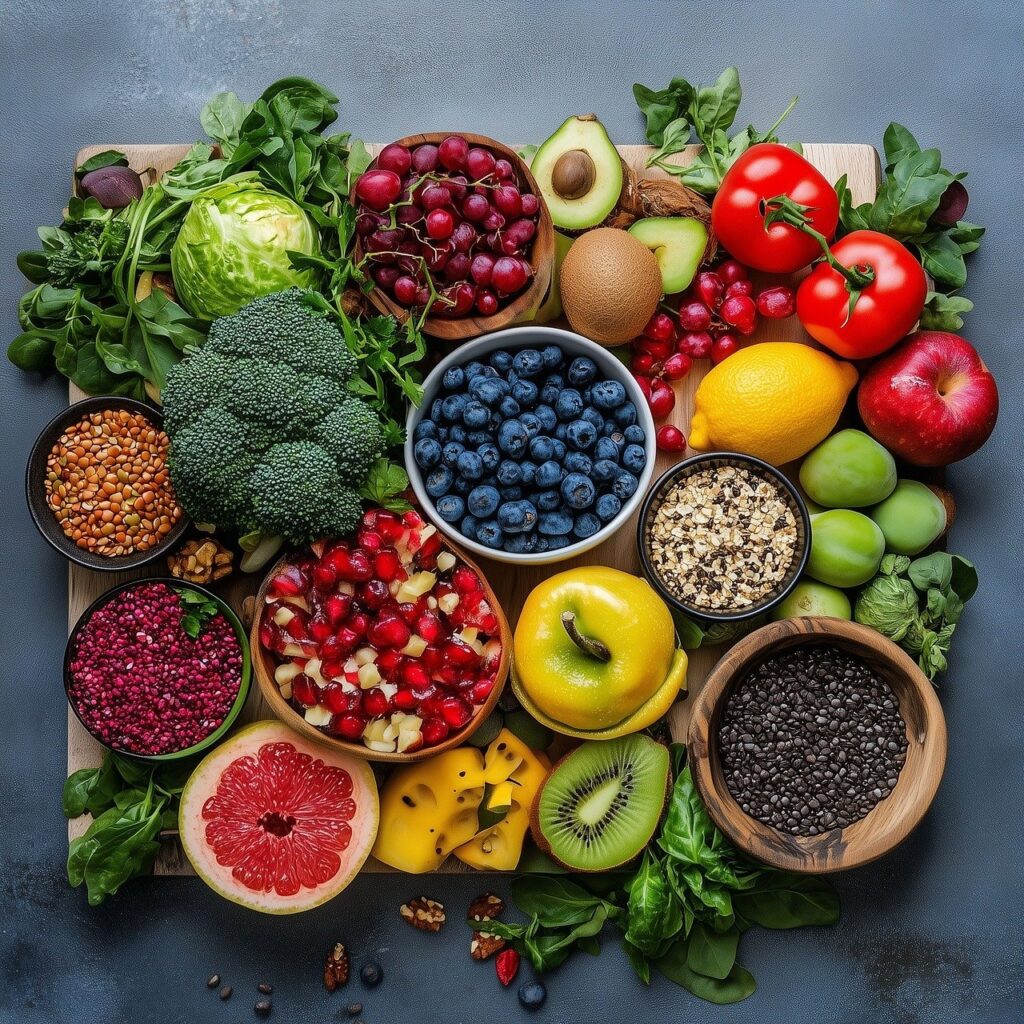A new global study has revealed a troubling connection between ultra-processed foods and early death, offering another stark warning about the modern diet. Researchers analyzed data from eight countries — including the United States and the United Kingdom — and found that a high intake of ultra-processed foods (UPFs) could be linked to a significantly greater risk of dying prematurely.
UPFs include items like processed meats, sugary cereals, fizzy drinks, packaged breads, biscuits, ice cream, and ready-to-eat meals. They often contain a mix of artificial ingredients such as additives, sweeteners, and preservatives that are rarely found in home cooking. The new findings, published in the American Journal of Preventive Medicine, suggest that countries with higher consumption of UPFs — such as the U.S. and U.K. — may see as much as 14% of early deaths tied to these heavily manufactured foods.
Understanding Ultra-Processed Foods
The term “ultra-processed foods” was coined in 2009 by Brazilian researcher Carlos Augusto Monteiro, who also helped develop the NOVA classification system. This system sorts foods into four groups based on how much they are processed. Group one includes fresh or minimally processed foods like fruits and vegetables. Group four — where UPFs fall — includes foods that contain little to no whole food ingredients and are largely made from chemically manipulated substances.
Common examples of ultra-processed foods include packaged snacks, fast food, frozen meals, and even some seemingly healthy options like flavored yogurts and fruit drinks. The convenience, affordability, and taste of these foods have made them increasingly popular — but at what cost to health?
What the New Study Found
Researchers used previous dietary surveys and mortality data from Australia, Brazil, Canada, Chile, Colombia, Mexico, the U.K., and the U.S. They estimated that in the U.S. alone, over 124,000 premature deaths in 2018 could be linked to high consumption of ultra-processed foods. In the U.K., nearly 18,000 deaths were attributed to UPFs in the same period.
The study revealed that for every 10% increase in calories from UPFs, the risk of early death rose by almost 3%. The risk was particularly pronounced among adults aged 30 to 69 — a time when death is typically considered premature.
In countries like Colombia and Brazil, where UPF consumption makes up less than 20% of calorie intake, the estimated percentage of early deaths linked to UPFs was much lower, around 4%. This stark contrast highlights how widespread reliance on ultra-processed foods can have a serious public health impact.
Why Ultra-Processed Foods May Be Harmful
The exact reason for the link between ultra-processed foods and early death isn’t fully clear. Experts suggest that the issue may not be the processing itself, but rather what comes with it: high levels of sugar, salt, unhealthy fats, and chemical additives. These factors are known to contribute to chronic illnesses like heart disease, diabetes, obesity, and some cancers.
Other recent research has backed up these concerns. A 2024 study found that higher intake of UPFs was associated with a 50% higher risk of death from cardiovascular diseases and a greater likelihood of anxiety, obesity, sleep disorders, and mental health conditions. Even adding one additional serving of UPFs per day was linked to a significant increase in health risks.
Industry Pushback and Ongoing Debate
Not everyone agrees with the study’s conclusions. Industry representatives argue that focusing too heavily on the processing of foods could confuse consumers and discourage them from purchasing affordable, shelf-stable items that might still offer nutritional benefits.
Sarah Gallo, a senior vice president at the Consumer Brands Association, cautioned against “demonizing” convenient foods, suggesting it could reduce access to important nutrients and exacerbate health disparities.
Nutrition experts, however, warn that the growing body of evidence is hard to ignore. While eliminating all UPFs from modern diets may be unrealistic, health organizations are increasingly recommending that people limit their intake where possible — choosing more whole, minimally processed foods instead.
A Growing Public Health Concern
With ultra-processed foods making up more than half the calories consumed by American adults — and two-thirds for American children — the connection between ultra-processed foods and early death could have long-term consequences if not addressed.
Researchers behind the study recommend that governments update dietary guidelines to more clearly warn against high UPF consumption. Although eliminating ultra-processed foods completely may not be possible, even small reductions could make a big difference in public health outcomes.
In the end, making simple swaps — like choosing fresh fruit over packaged snacks or preparing home-cooked meals instead of relying on ready-made options — could help individuals reduce their personal risk and live healthier, longer lives.








